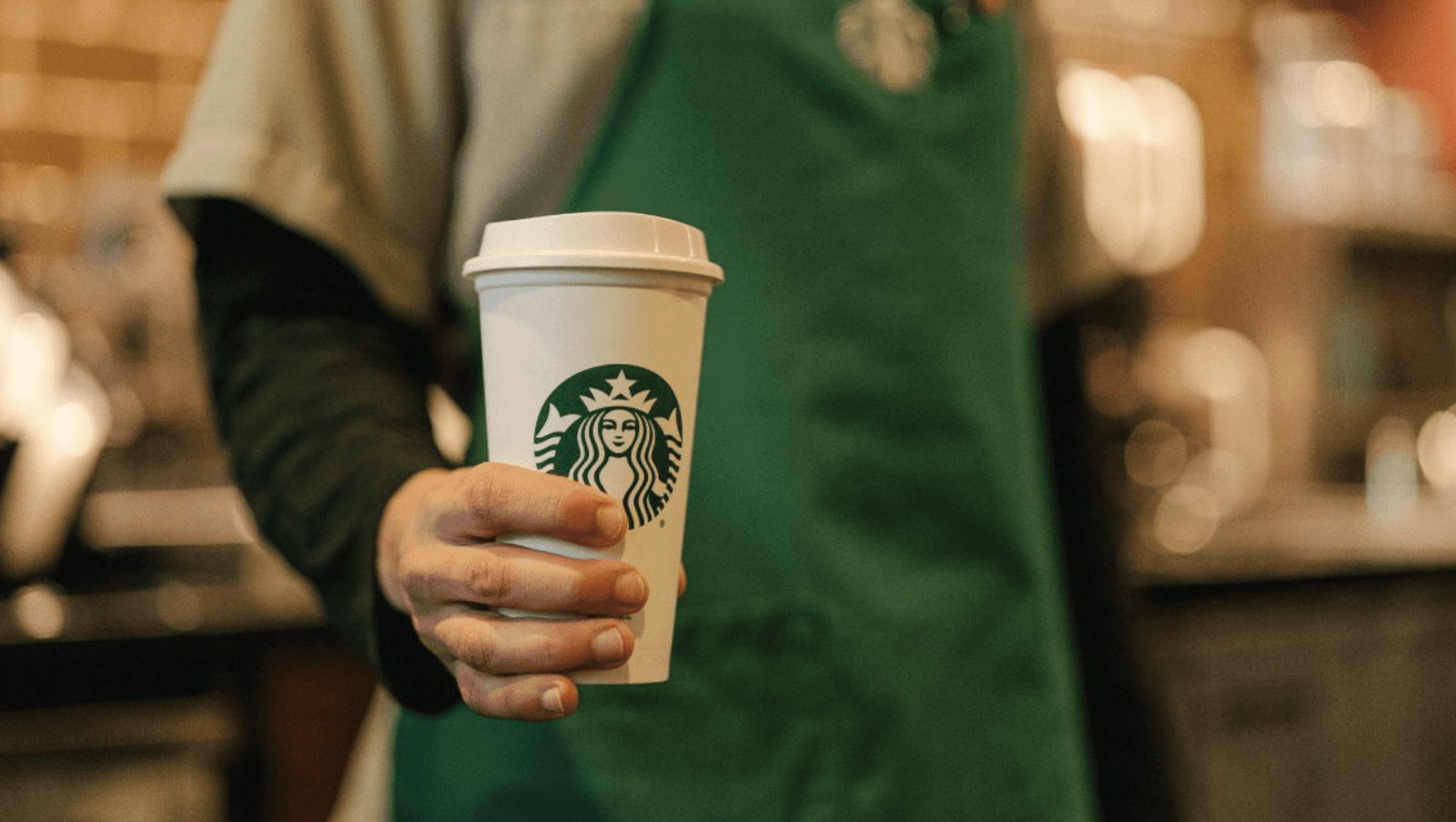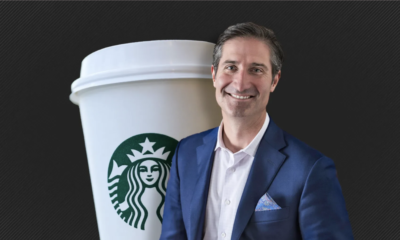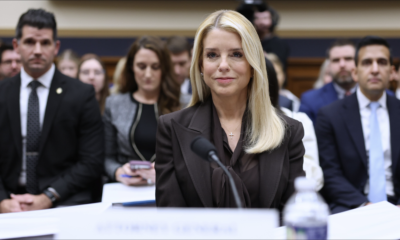Culture
Starbucks Ends Open-Door Policy: No Purchase, No Stay
While the new rules prioritize paying patrons, they also acknowledge occasional exceptions. For instance, visitors may use restrooms or Wi-Fi before making a purchase. However, repeated violations of the conduct code may result in requests to leave, and law enforcement could be contacted if necessary.
Starbucks has announced a significant shift in its customer policy, reinstating a rule that patrons must make a purchase to remain in its stores or use its restrooms. This change reverses the Starbucks open-door policy established in 2018, following an incident that garnered widespread criticism and reshaped the company’s public image. The new code of conduct, applicable across all company-owned locations in North America, includes additional measures to ensure a safe and welcoming environment. These rules prohibit discrimination, harassment, outside alcohol consumption, smoking, vaping, drug use, and panhandling.
The Open-Door Policy and Its Challenges
The 2018 Starbucks Open Door policy was implemented in response to a high-profile incident in Philadelphia, where two Black men were arrested while waiting for a business associate at a Starbucks location. The incident, which highlighted issues of racial bias, led to public backlash and prompted the company to open its doors to all visitors, regardless of purchase. Then-Chairman Howard Schultz stated that Starbucks aimed to avoid making anyone feel “less than” when seeking access to its facilities.
However, the open-door policy also presented challenges. Over the years, Starbucks has faced increasing concerns about safety and disruptive behaviour in its stores, including incidents involving drug use and mental health crises. In 2022, the company closed 16 stores in cities such as Los Angeles and Seattle due to ongoing safety issues, underscoring the difficulties of maintaining a welcoming yet secure environment.
Move Under New Leadership
The policy reversal is part of a broader initiative under CEO Brian Niccol, who joined Starbucks in 2024 after a successful tenure at Chipotle. Brian Niccol is committed to revitalizing the Starbucks experience by balancing inclusivity with a focus on the needs of paying customers. He envisions Starbucks as a “community coffeehouse” where patrons feel comfortable lingering while the space remains conducive to business operations.
Starbucks spokesperson Jaci Anderson emphasized that the updated policy aligns with industry standards and aims to enhance the experience for paying customers. “By setting clear expectations for behaviour and use of our spaces, we can create a better environment for everyone,” Anderson stated.
While the new rules prioritize paying patrons, they also acknowledge occasional exceptions. For instance, visitors may use restrooms or Wi-Fi before making a purchase. However, repeated violations of the conduct code may result in requests to leave, and law enforcement could be contacted if necessary.
Practicality over Inclusivity
The reversal of the open-door policy reflects the complexities of maintaining a balance between inclusivity and practicality. In a post-pandemic era marked by rising homelessness, mental health issues, and substance abuse, Starbucks faces a unique challenge in creating spaces that are both welcoming and safe.
As the company rolls out this policy, it has pledged to train employees to enforce the new rules effectively and respectfully. Whether this move will restore Starbucks’ reputation as a community hub while addressing operational challenges remains to be seen.
By reevaluating its approach, Starbucks aims to strike a delicate balance between ensuring its stores serve as a haven for customers and a sustainable business environment.












































Pingback: Starbucks Lifts CEO’s Private Jet Cap After Security Review Flags